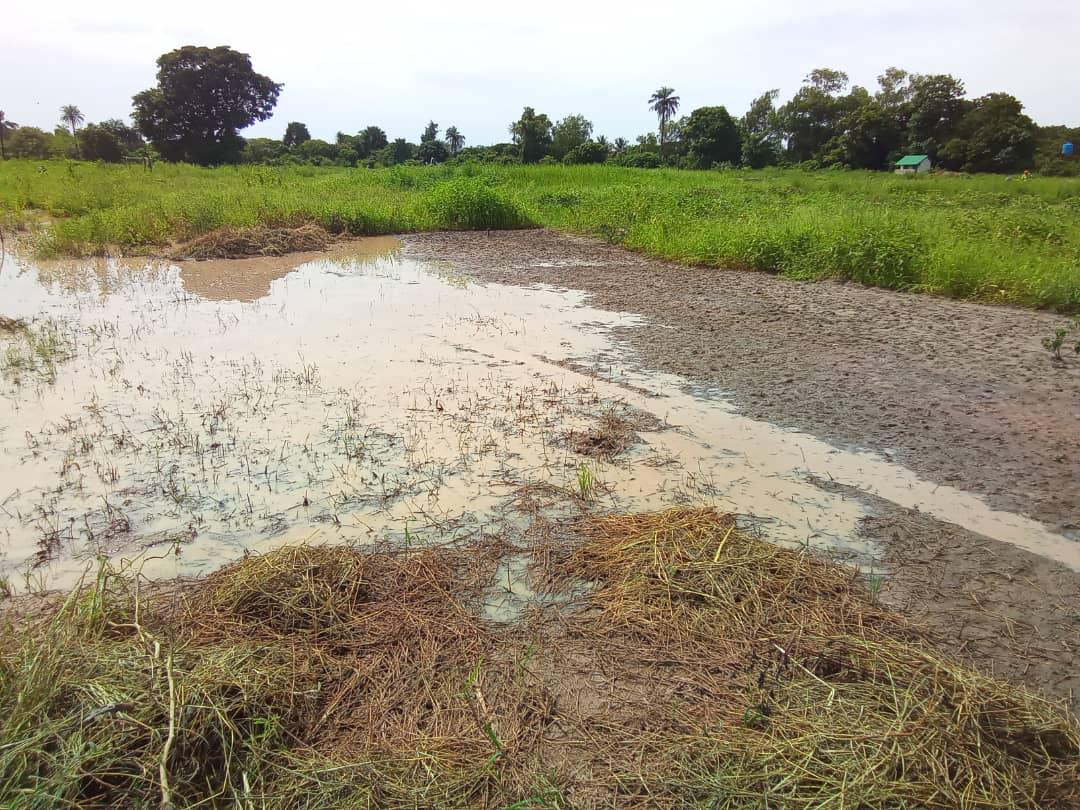By:Binta Jaiteh
Tujereng women’s horticultural garden has been rendered uncultivable by flood waters and the situation, according to our source, has been negatively impacting household incomes and nutritional security as many women in the community were dependent on gardening as a source of income.
For several years before seasonal floods made Tujerenghorticultural garden untillable during rainy seasons, many women depended on it to pay their children’s school bills, complement household incomes and provide nutritional security for their families.
But according to youth representative Lamin Sonko, devastating floods in rainy seasons have forced the majority of vegetable growers out of the garden, adding that this year’s is no exception.
He said the consequences of this year’s floods on women vegetable growers remained dire with a significant economic setback lasting for almost five months.
Sonko explained that women have abandoned the garden and that those courageous enough to stay and grow rice were facing harsh challenges.
He lamented: “In the rainy season, many vegetable gardeners are hesitant to take the risk of growing rice. While rice is considered suitable for waterlogged areas, excessive water can be just as detrimental as drought. As the women attempt to diversify their crops to mitigate the impact of future floods, they face the grim reality that their rice crops are at risk.”
Meanwhile, Binta Demba and other brave gardeners, who decided to grow rice, have already experienced substantial losses with more than 50% of their investments in the crops being wiped out.
Unfortunately, more heavy rains for this month and the next are in the forecast, putting the remaining crops in jeopardy.
Some of our interlocutors appealed to relevant authorities, philanthropists, and NGOs to help provide a drainage system in the garden to end the perennial flooding there.





